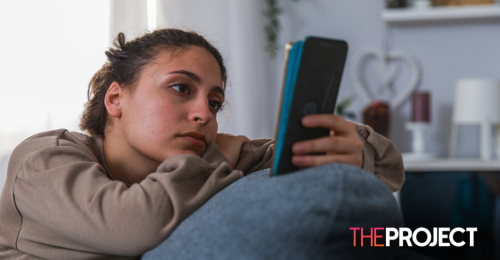The study, published in the Journal of Experimental Psychology, involved seven experiments with more than 1,200 participants.
The first experiment, involving 140 people, revealed that people tended to switch between videos more when they found the content more boring.
The second experiment was an online survey with 231 participants. This revealed that people thought that having the option to fast-forward or skip a video would make viewing a video less boring.
The following experiments suggested that this is not the case. Results from a group of 166 undergraduates found that participants felt more bored when they were allowed to fast-forward through a video compared to when they were not allowed to.
Data from a group of 159 undergraduates reported higher levels of boredom when given a collection of five-minute videos, which they could switch between compared with a single 10-minute video.
Researchers conducted this same experiment with 174 undergraduates, who were of a wider age demographic, except they were allowed to pick their own videos from YouTube. This group reported that the effect was smaller.
They found that there was no difference in reported boredom when the participants were given five-minute videos they could switch between or a single 10-minute video to watch.
However, the order in which these participants undertook the viewing tasks had an influence on their levels of reported boredom.
Lead author Dr Katy Tam of the University of Toronto Scarborough explained that the difference between reported boredom could be due to demographics.
“We speculated that people of different ages may have different habits when it comes to watching videos and switching,” she said.
“How people consume videos and how this affects boredom may vary based on age and digital media habits, but further research is needed to explore this.”
“We feel bored when there’s a gap between how engaged we are and how engaged we want to be,” Dr Tam added.
“When people keep switching through videos, they become less engaged with the videos, and they are looking for something more interesting. This can lead to increased feelings of boredom.”
“Our research shows that while people fast-forward or skip videos to avoid boredom, this behaviour can actually make them feel more bored,” she said.
“Just as we pay for an immersive experience in a movie theatre, enjoyment often comes from immersing ourselves in videos rather than swiping through them.”





























